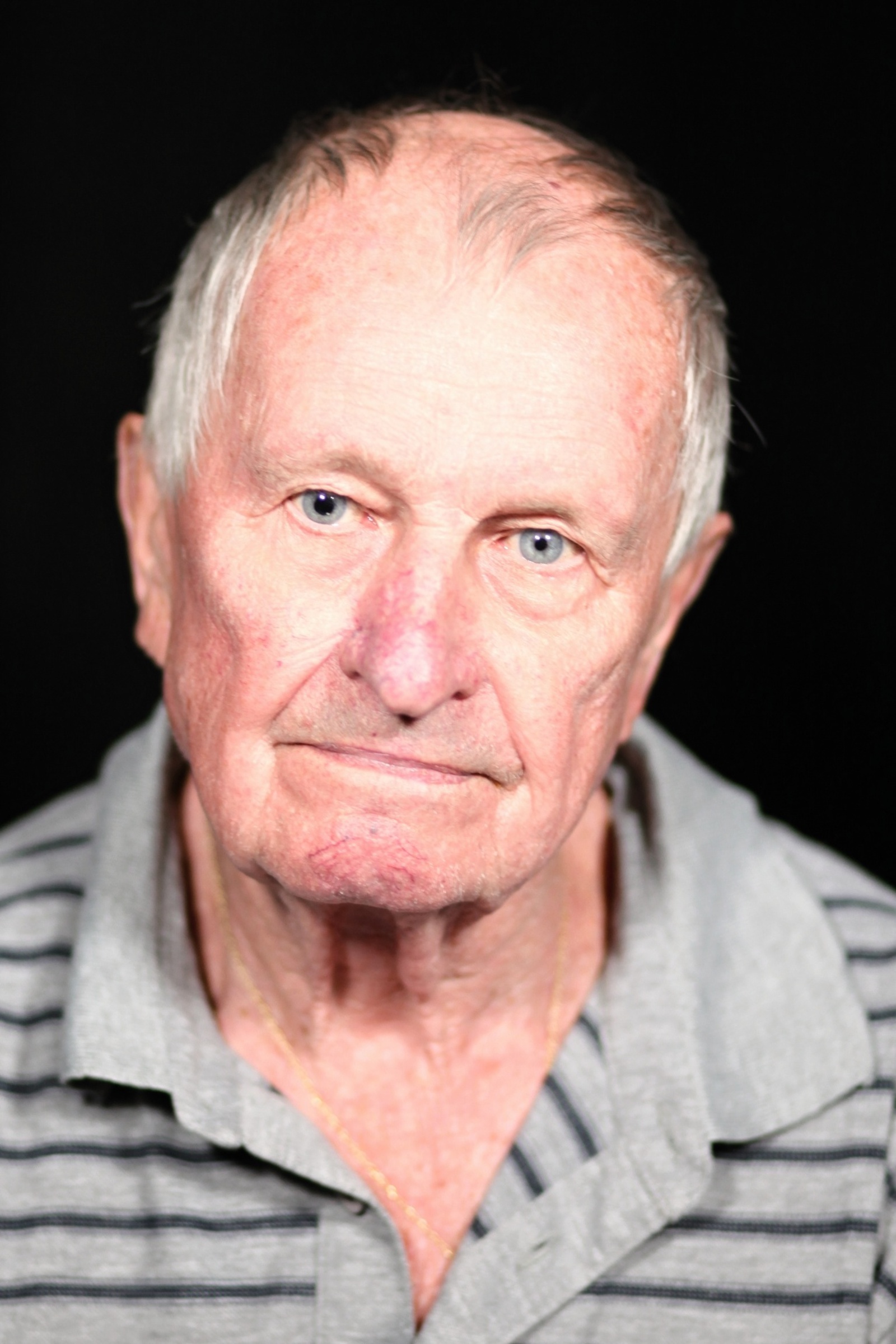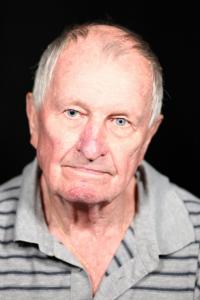The Polish occupation put an end to my happy times

Download image
Lubomír Otisk was born on February 12, 1926, into an old mining colony Mexico in Doubrava, Karviná region. His childhood was happy and worry-free until eleven when his mother died. In 1938-1939 he experienced the Polish occupation of the eastern part of the Těšín region and the expulsion of Czechs from Doubrava. He was spared as his father, the only blaster of the local mine, was indispensable. However, he had to leave his grammar school which was transformed into a Polish-language school. In March 1939, the Polish occupation was replaced by the occupation by the Nazi Germany and Doubrava became a part of the German Reich. In order to avoid going to a German school, he commuted to a school in Radvanice near Ostrava. Fearing forced labour in Germany, he joined, as a fifteen-year-old the Reich company Trampler, which was building the Barbora power plant in Karviná. He witnessed the cruel treatment of the Polish Jews and prisoners of war, who were assigned to slave labour there. After the liberation, he worked in the mines first as a clerk, then as a labourer and eventually as a member of the marketing department. His lifetime hobbies include tennis, painting and cacti growing.

